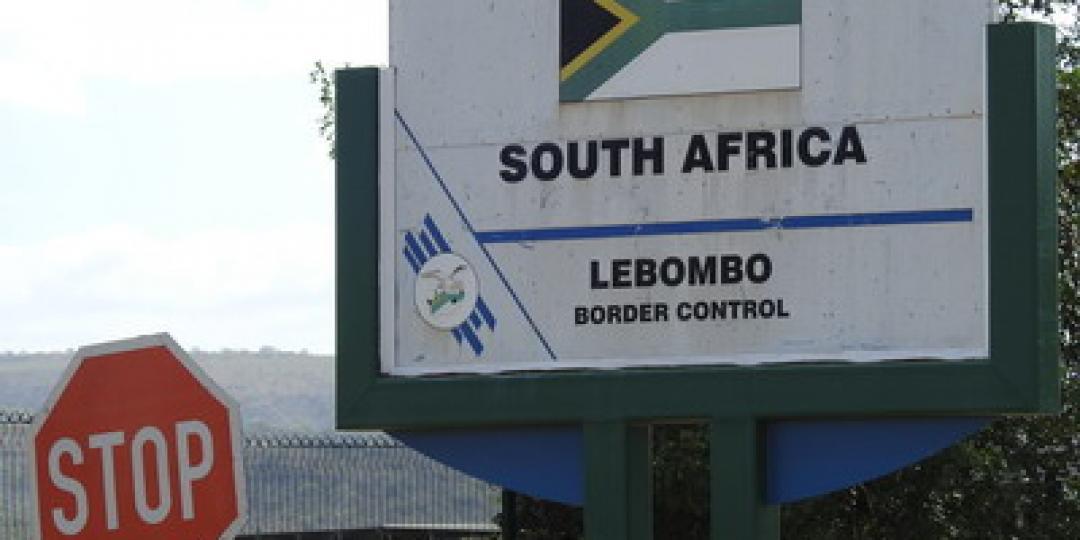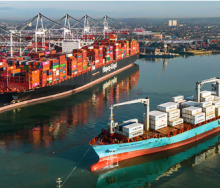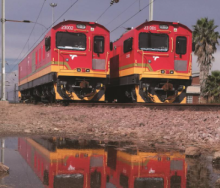In what can only be described as a peaceful protest similar to a sit-in, transporters tired of wasting time because of sluggish staff and related delays at South Africa’s Lebombo border in Mozambique, have decided to embark on a queue-in at the 24-hour crossing.
According to a reliable source it involves forming a single lane line all the way from the border past Kilometre Seven, the truck-staging area where hauliers are expected to wait until they’re processed.
Speaking to Freight News yesterday, the source said: “Transporters are gatvol (fed up) because there’s been no attempt to speed up the process and get things back to where they were before Covid.
“They are doing this in defiance of the system that was created and are queueing as far back as they have to until trucks are pushed through.”
The source, a well-known land border expert across southern Africa, explained that it was not the intention of the transporters to block up the N4 going into Mozambique.
Instead they intend to apply pressure on the crossing’s Border Management Committee by creating a situation that also involves road traffic management officials.
This morning the strategy to bypass the truck-staging area altogether seemed to have worked, as yesterday’s queue of about nine kilometres from Kilometre Seven had shrunk to about 1.5 kilometres.
Including the seven kilometres from the staging to the actual border, it means that the queue had gone down from about 16 kilometres where it was yesterday, to roughly 8.8kms this morning.
Shedding more light on what’s happening at the notoriously slow border, Mike Fitzmaurice of the Federation of East and Southern African Road Transport Associations (Fesarta) explained that prior to the pandemic, Lebombo had processed about 1000 trucks a day.
“These days it’s a good day if they push 400 trucks through. Mostly it’s around 300 or less. Do you know what that is doing to transport companies working on this route? Most of them used to do at least five trips a week on the Maputo Corridor. Now they’re only doing about two because of the time they have to sit and wait to get through that border. Effectively they’ve had their revenue cut in half.”
He bemoaned the fact that shift bosses or people of seniority weren’t present to oversee things like staff changes and efficient use of human resources.
WATCH: Yesterday’s queue at the Lebombo border stretched for about 16 kilometres from South Africa’s crossing into Mozambique in the direction of Malelane.














